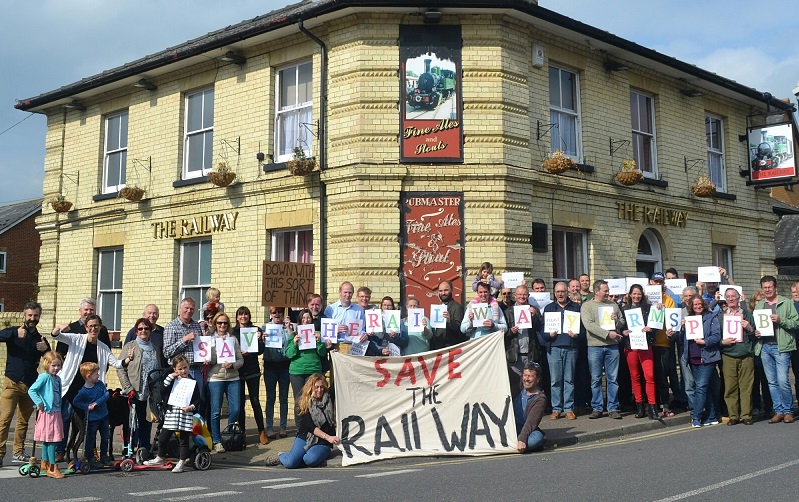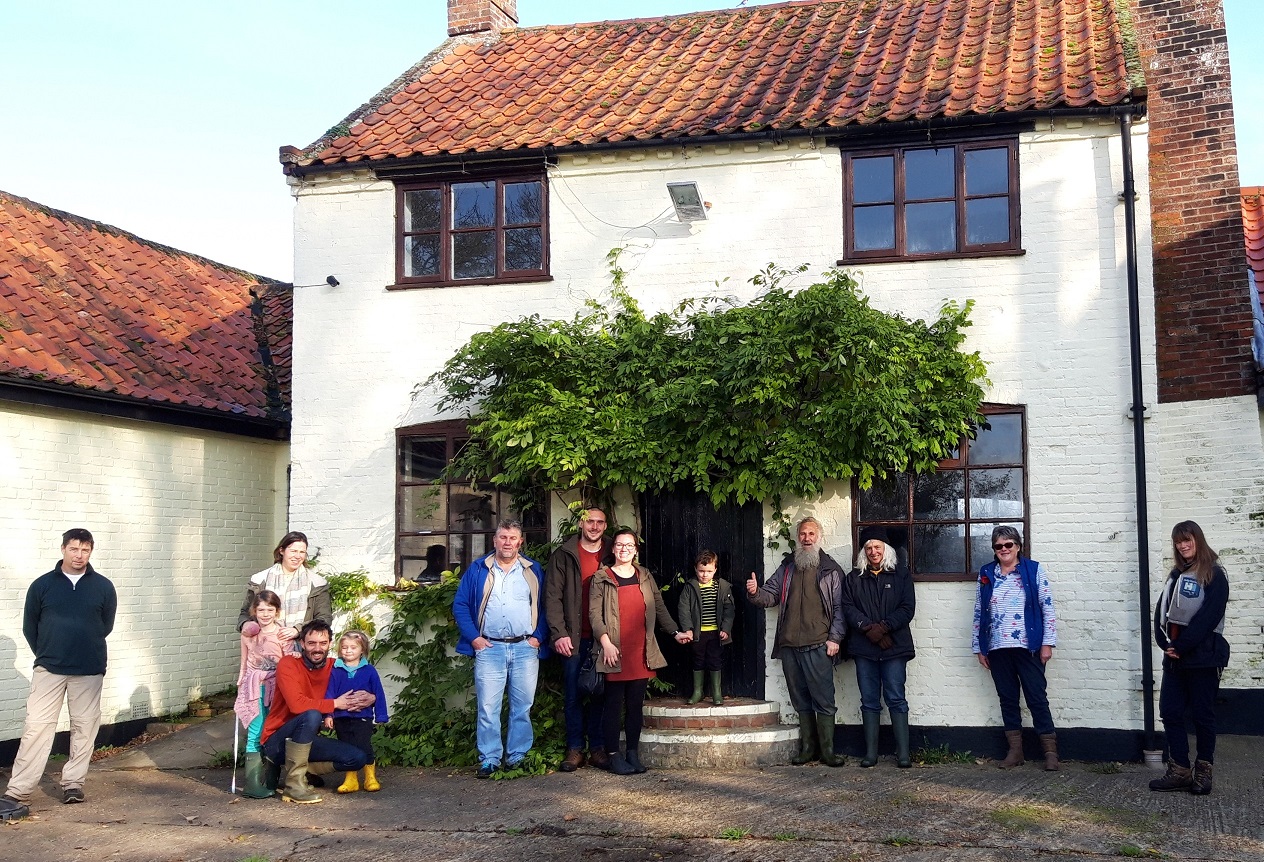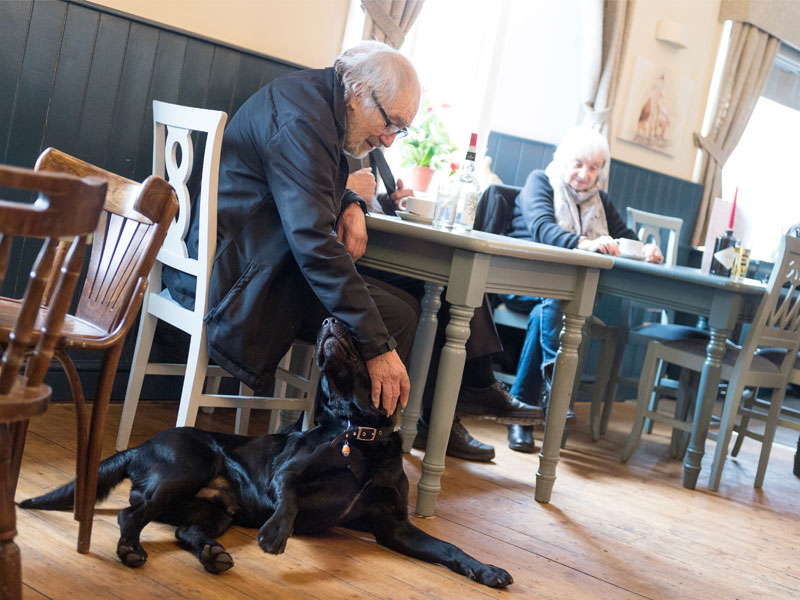More than a Pub programme – final report and reflections
The More Than A Pub (MTAP) programme, run by the Plunkett Foundation with funding from Power to Change and the Ministry for Housing, Communities and Local Government, was an unprecedented success for the community-owned pub sector. Delivered in partnership with social lenders Cooperative and Community Finance and Key Fund, with the support of a steering group which included The British Beer and Pub Association, CAMRA, Pub is the Hub, Locality, Cooperative and Mutual Solutions and The Bevy Community Pub, the programme has fundamentally changed the landscape for community-owned pubs.
MTAP delivered resources, guidance, training and support to 313 community groups on their journey of community ownership.

Operating over 5 years, across two phases (2016-2018 and 2018-2021), it directly led to the creation of 60 new community-owned pubs, which more than doubled the number of community pubs UK-wide. Furthermore, the programme has helped to develop a substantial pipeline of interested groups looking at community-ownership of their pub (not just in England), with Plunkett currently supporting over 200 groups working to achieve this. Community-owned pubs supported by the More than a Pub programme, raised over £14m in community shares to support their individual project ambitions which is a simply phenomenal success for community-led projects.
In July, Power to Change published an independent report and evaluation of the MTAP programme. Having published their interim findings in 2019, their final evaluation offers an analysis of the opportunities and barriers that community groups encountered and an executive summary. Read the final evaluation report here.
What is clear from the evaluation report is that the community pubs supported by the MTAP programme – truly do offer and provide ‘more than a pub’ – lunch clubs for the elderly or isolated, food parcels during the pandemic, hot meals for schools, meeting places for charities, clubs and celebrations and helping their villages and local economy to thrive. Each project has looked to identify local needs and sought to use their premises as a hub to address these needs.
The findings of the mid-term report influenced Plunkett’s work and the second phase of the More than a Pub (MTAP2) programme had some successes in reaching out to communities with higher levels of deprivation and targeting urban areas through increasing levels of support. Despite over half of MTAP 2 being delivered during the pandemic, with huge restrictions limiting the ability to hold events or complete direct grassroots engagement, almost all of the targets related to working with the new communities under-represented in MTAP 1 were achieved. The outstanding target was converting the development support provided into direct investments, with no grant and loan packages distributed in these communities during the programme.
 Ongoing needs for rural and urban pubs
Ongoing needs for rural and urban pubs
At a recent a round-table event, hosted by Plunkett, which reviewed the ongoing needs for community-owned pubs UK-wide, a discussion was held regarding the requirements for urban community pubs given that there are only 21 (out of 150 community pubs) at present. Power to Change offered to work with Plunkett at this meeting and our findings and recommendations will be shared in due course. It is clear from the MTAP report that in many urban communities, projects may require a longer period to develop their project, face greater competition from other businesses and may need to raise higher levels of funding to achieve purchase price or lease agreement.
It is important to note that whilst more needs to be done to support community-owned pubs in urban areas, this must not be done to the detriment of rural projects – who equally require ongoing support and investment. The huge success of raising over £14m in community shares by community pub projects during the More than a Pub programme, with the majority of these being in rural areas, should not mask the reality that only 1 in 9 pubs seeking support currently go on to reach trading status. One of the primary reasons for this is the inability to raise the funding required to buy assets, which often have high or unreasonable valuations placed on them. In many rural areas, the campaigns seeking community-ownership are often seeking to secure the last remaining facility of this kind in the local area and once lost it will be lost for good.
Whilst the current programme of work officially closes in September 2021, the work to support community-owned pubs in rural and urban locations, UK-wide will be continued by the Plunkett Foundation and the name of the programme ‘More than a Pub’ will continue to be used in relation to this. To that end Plunkett launched our pubs strategy earlier this year (which you can read here) with the long-term vision of resourcing an ongoing community pubs service.
Finally, the resources and training materials produced during the MTAP lifespan will be accessible via the Plunkett website, and perhaps most importantly the Plunkett managed Community Pubs Network Facebook page will remain open and accessible for mutual support and peer learning.
 Future funding for the sector:
Future funding for the sector:
The UK Government’s new Community Ownership Fund, which reopens for its second round in December 2021, will provide much needed funding to local groups aiming to secure their local assets such as pubs, across the UK over the next 4 years.
Whilst this is currently a central Government administered and managed fund, with no development support available during the first round, Plunkett will continue to use the resources we have to help groups make an application to the fund. Groups can access our comprehensive offer of support, training and advice by visiting our “how we help” pages.
To ensure that the long-term success of this initiative; Plunkett continues to champion the need for having appropriate infrastructure in place, to support the delivery of the Community Ownership Fund now and also in the future, to meet the ongoing support-needs of those in receipt of any funding and opening new community businesses.





